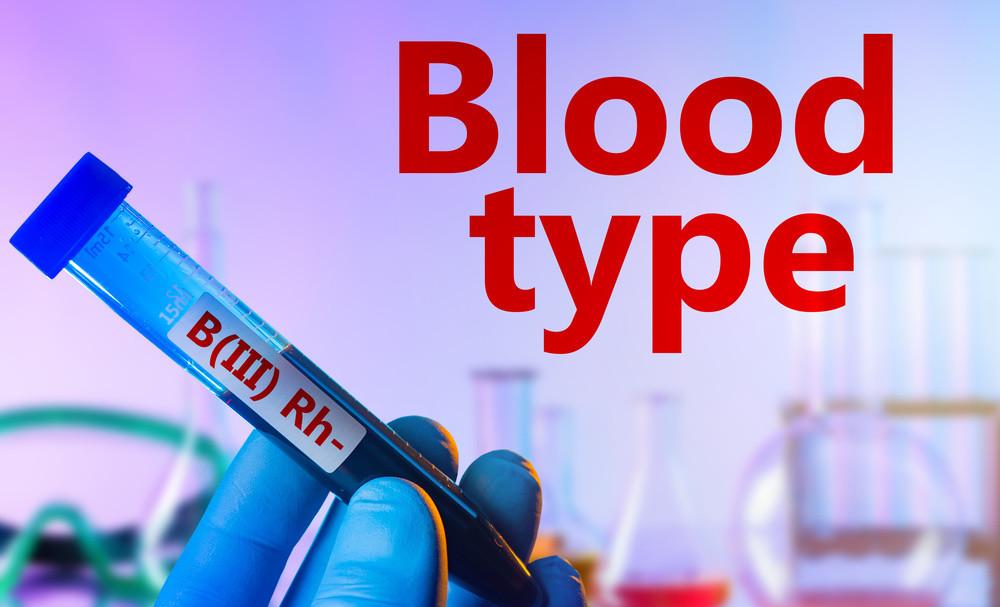Panda blood is our more popular name, its scientific name is RH negative blood. The more common blood types are A, B, O, ab, which all belong to the ABO blood group system. RH-negative blood is a clinically rare blood type second only to the ABO system. Pregnant women with this blood type will have more risks and precautions than the average expectant mother, and understanding this knowledge in advance can help panda blood mothers to give birth to healthy babies.

What do I need to pay attention to after pregnancy with this blood type?
1. Regular immunohematology prenatal examination (blood group antibody test) for pregnant women. Once the presence of antibodies is confirmed, it is important to immediately go to an advanced hospital with specialized research on rare blood group fertility. If antibodies are detected during pregnancy, they must be checked once every 2 weeks to see if the antibodies are elevated. If there is an elevation, when the antibody titer is greater than 1:16, it has an effect on the fetus, and it can be combined with B ultrasound to check the fetus for edema, effusion and arterial anemia. When the antibody rises to more than 1:64, amniotic fluid can be done: 450 nm wavelength density optical density value is high, umbilical vein puncture, fetal blood group, hemoglobin, red blood cell count, bilirubin level and antiglobulin test. If the antibody titer > 128, plasmapheresis may be performed as appropriate. Intrauterine transfusions and postpartum exchange therapy may be considered in severe fetal anemia.
2. Autologous blood preparation before deliverance. The so-called autologous blood preparation refers to special blood types, or patients with special requirements, who collect autologous blood in the hospital, and this blood can only be used for themselves. After undergoing basically the same physical examination, health information, and consent as the unpaid voluntary blood donor, the blood is collected by the relevant medical staff and sent to the blood transfusion department. After a blood transfusion department examination, the blood is stored in a refrigerator dedicated to the storage of autologous blood. In this way, when the pregnant mother of panda blood gives birth, or when blood is needed for surgery, autologous blood can be used. This practice avoids the possibility of adverse reactions after the transfusion of allogeneic blood. At the same time, it also avoids the problem of finding the right blood when patients with rare blood types use blood urgently. Expectant mothers should ensure that they have no symptoms of anemia, normal blood pressure, and no cardiopulmonary diseases or menstrual blood-borne diseases before preparing blood for themselves. After the above conditions are met, you can take autologous blood collection within 3-30 days before the operation.
3. Be careful with hemolysis in newborns. Because it is different from the blood type of the fetus, the antibodies in the mother's body may attack the baby's red blood cells, causing the baby's red blood cells to be destroyed, which is called newborn hemolysis. Rh-negative blood-to-be mother-to-be if she has been transfused with Rh-positive blood, or during pregnancy, a small number of red blood cells of the fetus enter the mother's body, which will induce the mother's body to produce D antibodies, in case the D antibodies enter the fetal blood and attack the fetal red blood cells, the fetus will have hemolytic symptoms. Panda blood mothers generally do not have D antibodies, and will only be produced after exposure to D antigens. The route of exposure to the D antigen is generally through the transfusion of Rh-positive blood, contact with the D antigen substance in nature, or the baby's positive blood entering the mother. Now the hospital blood transfusion will be tested Rh blood type, the matching type is transfused; there are very few Rh antigens in nature; and the production of D antibodies generally takes 2 to 6 months, when the first baby is usually born. So the first baby rarely develops hemolysis.